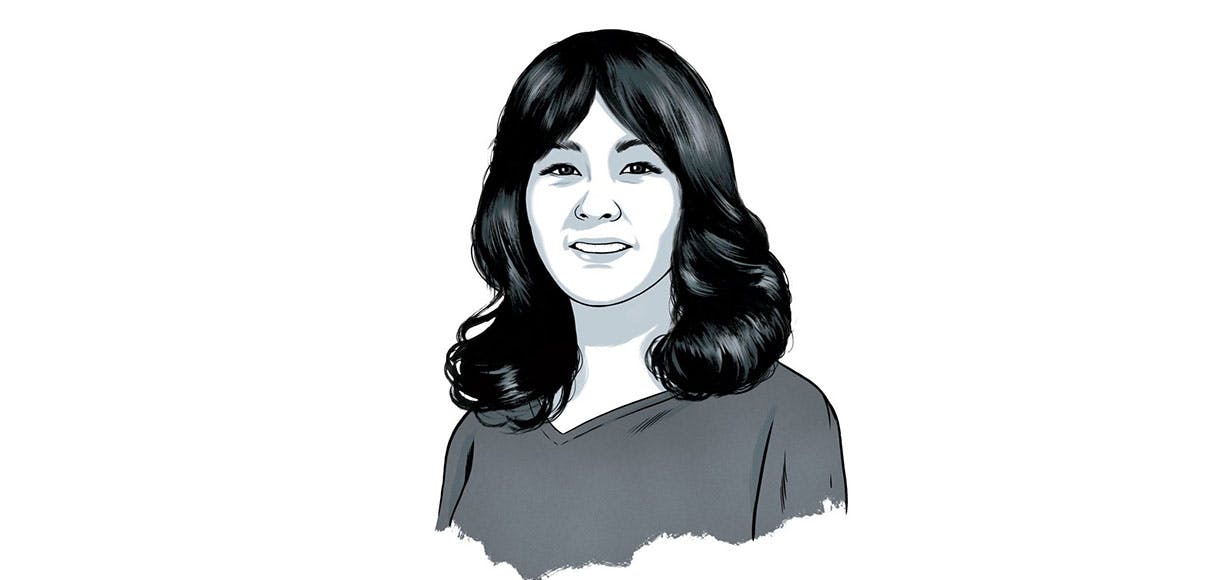
I RECENTLY REWATCHED one of my favorite movies, The Shawshank Redemption. My daughter was assigned the film for a humanities class, so I was happy to make popcorn and participate in her homework assignment.
In the 1994 movie, Andy Dufresne is wrongfully convicted of murdering his wife and her lover and is serving two life sentences at the Shawshank State Prison. The film depicts the brutal conditions of the prison — the beatings and assaults, solitary confinement, and corrupt guards. There is a pervasive feeling of hopelessness until one day, Andy defies the guards by locking himself in the warden’s office and plays Mozart’s opera The Marriage of Figaro from the prison’s public address system.
“We offer a story of hope that can make a caged bird feel free.”
Andy’s fellow inmate Red narrates the scene as the music pours from the speakers and stops the men in their tracks:
I have no idea to this day what those two Italian ladies were singing about. Truth is, I don’t want to know. Some things are best left unsaid. I’d like to think they were singing about something so beautiful it can’t be expressed in words and makes your heart ache because of it. I tell you those voices soared higher and farther than anybody in a gray place dares to dream. It was like some beautiful bird flapped into our drab little cage and made those walls dissolve away. And for the briefest of moments, every last man at Shawshank felt free.
Every time I watch Shawshank, I think of my former colleague Tim Dearborn, who taught at SPU and was also dean of the chapel. Tim spoke of the opera scene in the movie, reminding us that Christians have the ability to be God’s light, beauty, and grace in a gray world. We offer a story of hope that can make a caged bird feel free.
From the beginnings of SPU’s School of Education 100 years ago, to the influx of World War II veterans who returned to study at what was then Seattle Pacific College, to the present day, the students who enter this University seem to grasp this. They emerge from an SPU education imbued with a passion to help others — to teach, to heal, to loosen the chains of injustice, and to spend themselves on behalf of the oppressed (Isaiah 58:6).
Michela Banks ’16 is one alumna working to loosen the chains of injustice. Every other weekend, she bakes luscious cakes — cardamom with mulled wine jam one week; and a layered tiramisu with mascarpone frosting on another. She posts them to Instagram where the cakes are auctioned to benefit racial justice organizations.
When photographer Eugene Lee took photos of Michaela for this issue, she was wearing a wonderful waist apron from Âdi Collective, a clothing and textile business co-founded by Meredith Seversen ’15.
Âdi Collective employs new immigrant women from Afghanistan to help them earn incomes as seamstresses. And Tim’s daughter Bethany Dearborn Hiser talked to us about her new book, From Burned Out to Beloved, which offers help to those who assist others. These have been trying times for us all, but I am sure pastors, counselors, social workers, and others have been particularly depleted.
For a second year, the pandemic has altered SPU’s graduation celebrations in June. It is deeply disappointing to us all, but even without the usual pomp and circumstance, I’m confident these new SPU grads, like those who graduated before them, will continue to be lights that shine like the noonday in our world.




